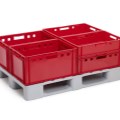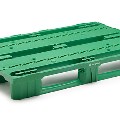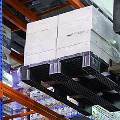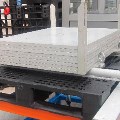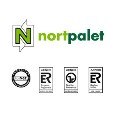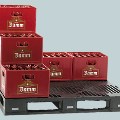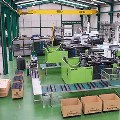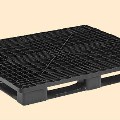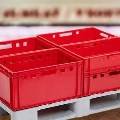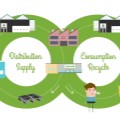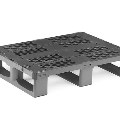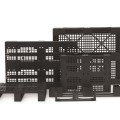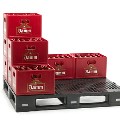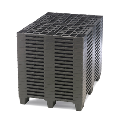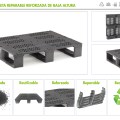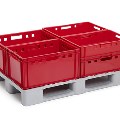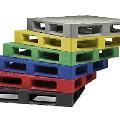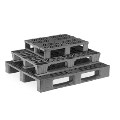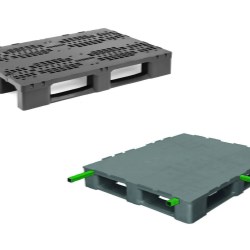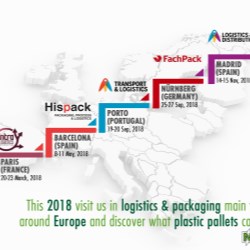If this is your company, CONTACT US to activate Packbase™ software to build your portal.


The use of pallets when storing, distributing and transporting merchandise is a solution widely used by companies of all industrial sectors. Wooden pallets have been the most requested since the early twentieth century, but since their introduction to the market, plastic pallets have been gaining popularity for the many advantages they present.
Nortpalet, the principal plastic pallet manufacturer in Spain details the characteristics of this type of packaging and the benefits it brings to the logistics and storage needs of companies.
Since the first use of pallets in 1925 by the military to load and transport goods and ammunition faster, there have been many improvements and various uses that have been given to them to achieve a more efficient logistics operations in the industrial sector. Both wood pallets and plastic pallets are commonly used, however, plastic pallets are being used increasingly more.
8 benefits of the plastic pallet vs the wooden pallet
- Lighter. One of its main advantages is its light weight, since a plastic pallet weighs less than a wooden pallet even with similar characteristics, which allows it to be an ergonomic and easier to manipulate.
- It is waterproof. Humidity and water do not affect it, so it remains unchangeable in weight and dimensions. However, other packagings with moisture ends up deteriorating, swelling and heavier.
- It has greater resistance. While a wooden pallet, with time deteriorate, the life cycle of a plastic pallet is much higher.
- No maintenance is needed. Bearing in mind that it is a product that does not spread splinters and particles, it does not require maintenance, except for washing if desired. - Greater hygiene. As indicated above, as it is an impermeable material, it does not allow the introduction of parasites or bacteria, which makes it much more hygienic than wood and makes it an ideal logistic solution in the food industry. Likewise, it does not require phytosanitary treatments such as those regulated by the NIMF-15 for export, which simplifies the process and avoids incidents.
- More ecological. The plastic pallet is made of 100% recycled materials and is 100% recyclable at the end of its useful life. In this way, it is a sustainable and respectful solution for the environment, avoiding trees cutting and deforestation.
- Easier to clean. The fact that they are made of plastic allows cleaning to be quick and easy, since it accepts both water and other cleaning products.
- They can be customized. Another advantage offered by the plastic pallet is that you can customize both the colour of the material and/or incorporate logos, which allows locating and controlling the stored goods better and even identifying different logistics circuits.
Considering the many advantages of plastic pallets, together with the fact that, with its use, it also benefits and guarantees the care and protection of the environment, it becomes the most recommended logistics solution to store or transport any goods of any activity. If you still have doubts about which type of pallets are most suitable for your company, in Nortpalet, we have a large team of professionals, highly qualified and committed to sustainability, who will advise you without compromise.


